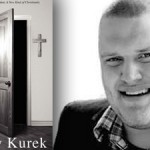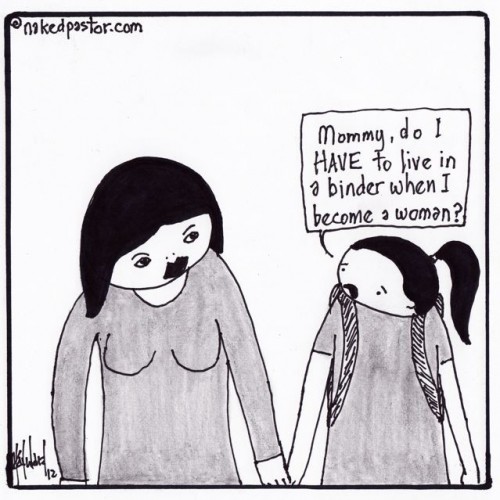Jack Good, in his book The Dishonest Church, says:
“Respect means recognition by the pastor that people have moved beyond the early stages of cognitive development and are ready to think more broadly” (p. 97).
I sometimes wonder if Good makes the assumption that spiritual growth means believing different things… to include other ideas and different facts and theologies. I believe this is a part of growth, but not necessarily. Rather, isn’t it possible that spiritual growth may be thinking the same things more deeply? Example:
“God was in Christ reconciling the world to himself†(2 Corinthians 5:19).
Good seems to me to suggest that for someone to move beyond the “early stages of cognitive developmentâ€, he must realize that, even if there was a historical Jesus, that this statement is not true alone—that God wasn’t reconciling the world to himself through Jesus at all, and if he was, he then reconciles the world to himself through others also. Good suggests that coming to this conclusion may be a traumatic realization. I agree. But is it necessary?
Is it not possible, I offer, that maturity could mean moving from believing that the above verse means: “Jesus is the only way and if you haven’t accepted him as your personal Lord and Savior at the altar, then you’re going to Hell!†to perhaps mining deeper into the text to perceive that in Christ something cataclysmic and universal was accomplished for the whole world? And is it fair to suggest that I can only grow and mature into a better person by rejecting or relativizing this verse?
</p>











